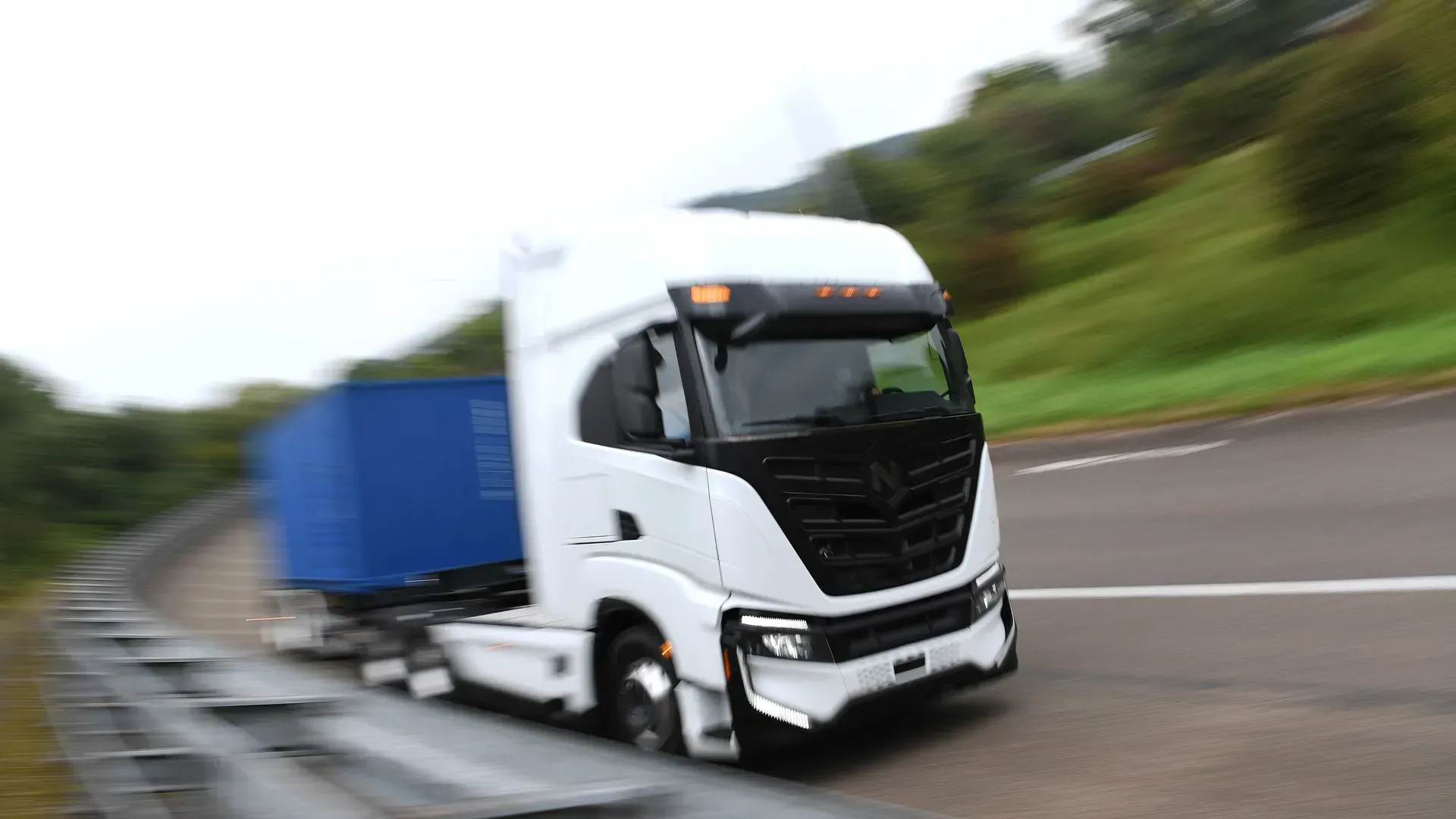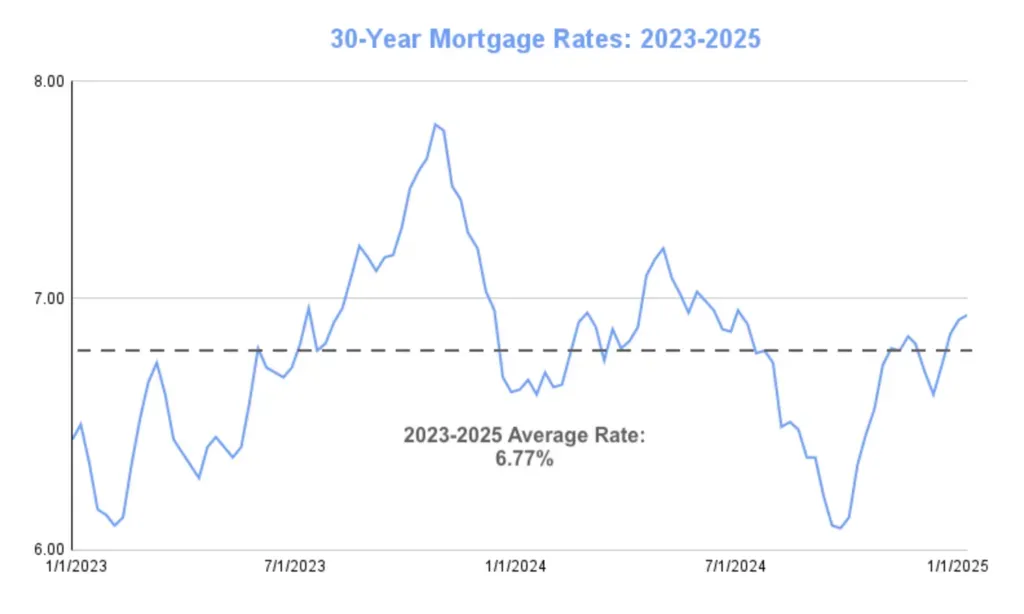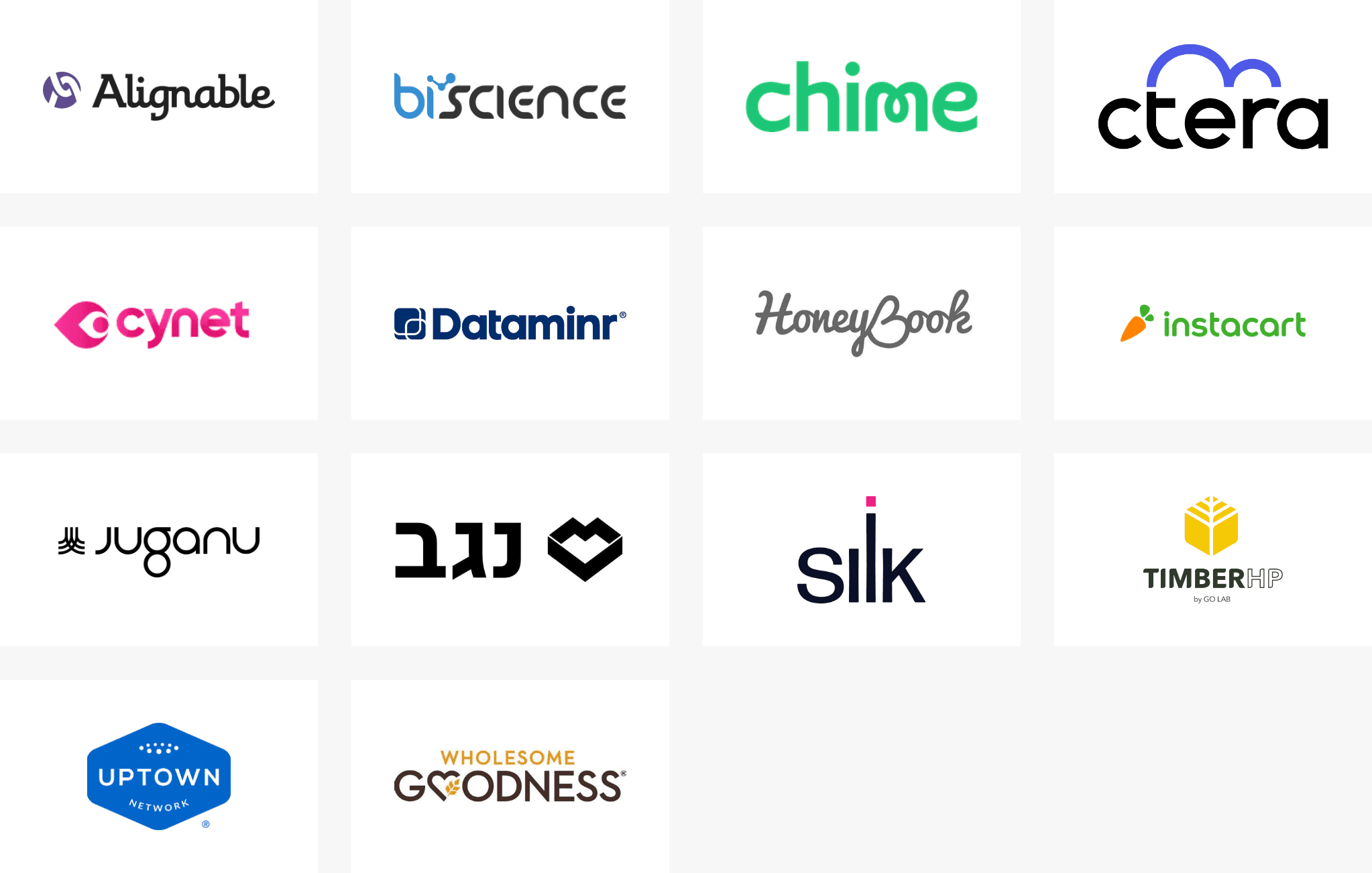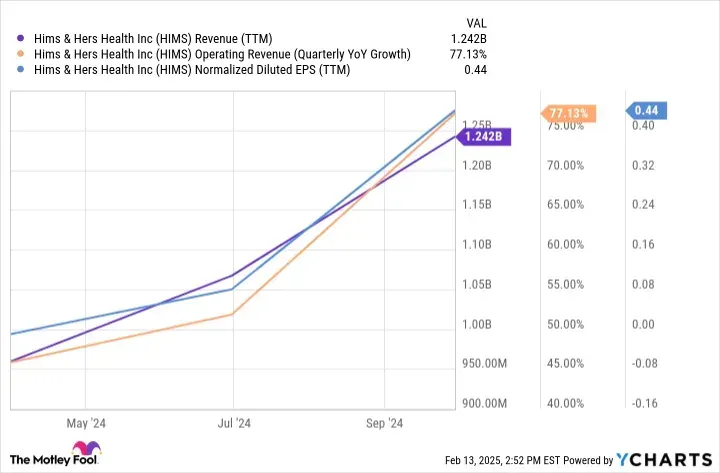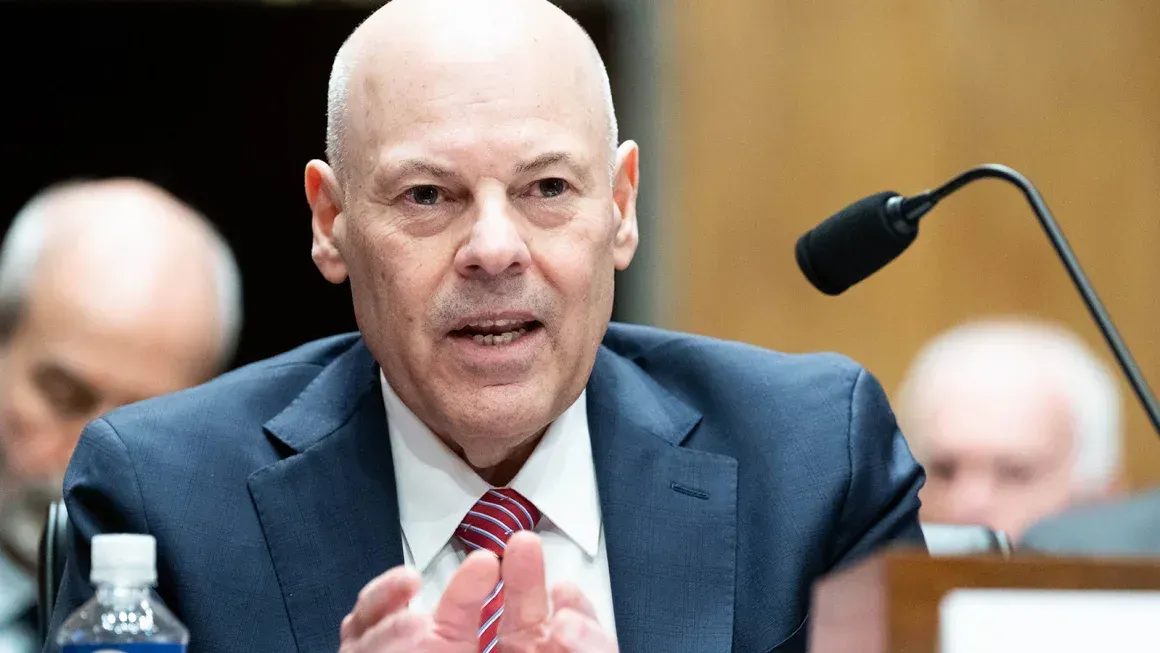Electric vehicle manufacturer Nikola Corporation has filed for Chapter 11 bankruptcy protection, citing significant financial challenges and plans to sell its assets. The Phoenix-based company, known for producing battery-electric and hydrogen fuel cell-powered trucks, announced its decision on February 19, 2025.
Financial Struggles and Bankruptcy Filing
Nikola's financial difficulties have been mounting, with the company reporting a cash balance of approximately $47 million at the time of filing. This is a stark contrast to the $198 million reported in their last financial filing. The company has listed assets between $500 million and $1 billion, with liabilities ranging from $1 billion to $10 billion. CEO Steve Girsky stated, "Like other companies in the electric vehicle industry, we have faced various market and macroeconomic factors that have impacted our ability to operate." Despite efforts to raise capital and reduce liabilities, these challenges proved insurmountable.
Asset Sale and Operational Plans
As part of the bankruptcy proceedings, Nikola plans to pursue a sale of its assets to maximize value and ensure an orderly wind-down of operations. The company intends to continue limited operations for existing trucks in the field and some hydrogen-fueling activities through the end of March 2025. This approach aims to maintain support for current customers during the transition period.
Market Impact and Stock Performance
Following the bankruptcy announcement, Nikola's stock experienced a significant decline. Shares opened at 36 cents, down more than 50%, before recovering slightly to 48 cents. At this price, Nikola's market value stands at approximately $40 million. This represents a dramatic fall from its peak valuation in 2020, when the company's market capitalization rivaled that of established automakers like Ford Motor Company.
Historical Context and Industry Challenges
Nikola's journey has been fraught with challenges, including leadership changes and legal issues. Founder Trevor Milton resigned in 2020 amid allegations of fraud and was later convicted in 2022. The company also faced production delays and recalls, including a significant recall in 2023 due to a battery pack issue. The broader electric vehicle industry has seen similar struggles, with other startups like Lordstown Motors and Proterra also filing for bankruptcy amid funding challenges and market volatility.
For more detailed information, refer to the original report on Axios.

